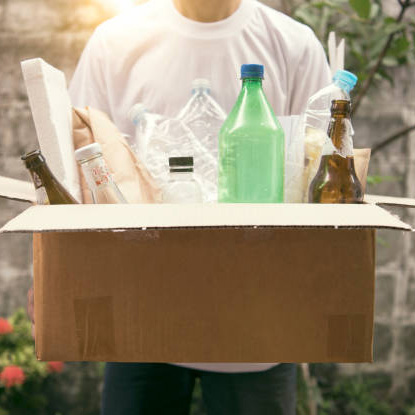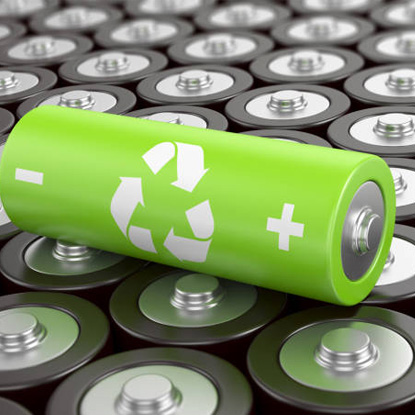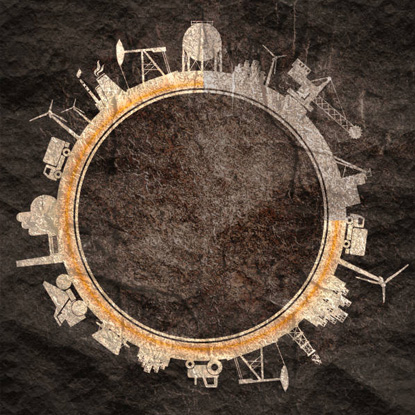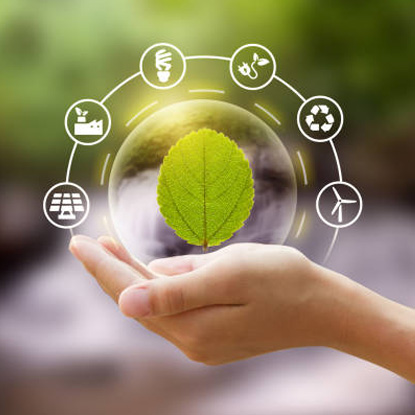
What is Zero-Waste?
Zero-Waste is a waste management philosophy that aims to evaluate waste materials through recycling, to review the agents that cause waste, and to prevent waste.
Why Is It Necessary?
While the world population is growing, the waste amounts are increasing. Humans and nature are under threat. Countries are developing different formulas to reduce the amount of waste and Turkey is also among these countries. The project implemented in our country is known as “Zero-Waste”. The recycling rate in Turkey has reached a level of 9%. This ratio is aimed to reach 60% by 2030.
The Zero Waste Project is vital because it is possible to recycle 75% of the waste. Paper wastes constitute approximately 2 million 500 thousand tons of the total waste generated in our country. Through the recycling of these wastes, 42 million trees will be saved from being cut down. Recycling 31 million waste each year will prevent 585 million kg of greenhouse gas emissions. While 69 million cubic meters of water will be saved, for future generations, the risk of being exposed to drought will be minimized.
Besides 20 billion kW/hours of lower energy use, 20 billion TL profit will be made annually for economic development. By the widespread implementation of the Zero-Waste Project until 2023, 100 thousand people will ensure job opportunities in the service area.
How Is It Applied?
"Zero-Waste" waste management philosophy includes preventing waste, using resources more efficiently, preventing or reducing waste generation, collecting and recycling waste separately at the source. Since 2020, in line with the "Zero Waste Regulation”, 11 "Zero Waste Management System Implementation Guidelines” have been prepared with the aim of guiding the target groups who should gradually establish the Zero Waste Management System.
You can download these guides prepared, which are listed below, to your device by clicking on them.
Our Recycling Goals
Zero Waste Guide
Everything you want to know about Zero Waste...
Waste Minimization
Today, industrial waste, which seriously threatens both the environment and human health, is confronted as a growing problem in our country as well as across the world. Production, consumption, and service activities, which increase in parallel with industrialization, bring along the serious environmental problems. Problems encountered in the identification and management of industrial waste are among the biggest reasons for the increase in environmental pollution.
MoreEnergy from Waste
Today, since the importance of recycling is increasing gradually, researches are carried out on various systems by scientists to recycle waste. Biogas is a kind of usable gas produced from organic wastes. It is obtained by the conversion of organic materials into carbon dioxide and methane gas by microbiological creatures, in an oxygen-free environment. Materials used in biogas production are grouped as animal fertilizers, organic wastes, and industrial wastes.
MoreCircular Economy
Consumption is increasing as the world population grows, and living standards rise. Sustainable growth requires the rational use of resources. This situation necessitates a change in economic models. Also called the new generation economy, "The Circular Economy" aims to reduce the consumption of natural resources and raise the economic gain by prioritizing recycling and waste management practices.
MoreSustainability
As a result of the Industrial Revolution, the increase in the amount of energy required by the rapidly developing industry has led to the use of non-renewable natural resources such as oil and coal. The fact that industry has become the dominant sector has caused the addition of new ones rapidly and on a larger scale to the environmental degradation created by the agricultural economy of societies.
More














